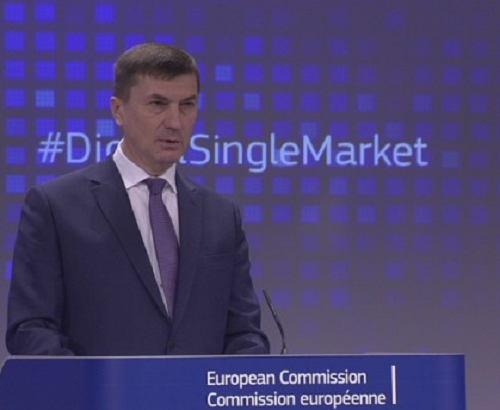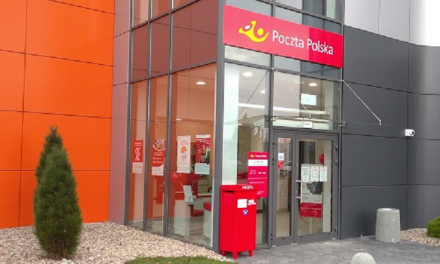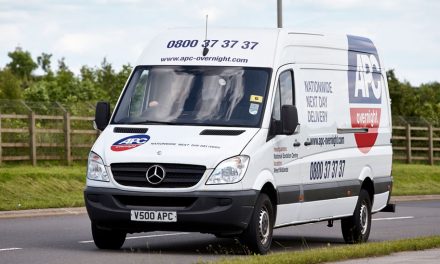
European Commission unveils Digital Single Market plans

The European Commission has unveiled its plans to create a Digital Single Market for Europe – and improving parcel delivery for goods bought online is a key action point. The EC believes that Europe must “use the power of the EU’s Single Market” to “embrace the digital revolution and open up digital opportunities for people and businesses”.
The aim of the Digital Single Market, said the EC, is “to tear down regulatory walls and finally move from 28 national markets to a single one”.
In a statement issued on the Europa website today (6 May), the EC commented: “At present, barriers online mean citizens miss out on goods and services: only 15% shop online from another EU country; Internet companies and start-ups cannot take full advantage of growth opportunities online: only 7% of SMEs sell cross-border.”
The EC argued that a fully functional Digital Single Market could break down these barriers, and thereby “contribute €415 billion per year to our economy and create hundreds of thousands of new jobs”.
The EC’s Digital Single Market Strategy is built on three pillars: (1) better access for consumers and businesses to digital goods and services across Europe; (2) creating the right conditions and a level playing field for digital networks and innovative services to flourish; (3) maximising the growth potential of the digital economy. Today’s statement set out a series of “key actions” which EC said it “will deliver by the end of 2016”.
With regard to the first pillar, the EC said it will propose harmonised EU rules on contracts and consumer protection for online purchasing and, crucially, it wants to promote “more efficient and affordable parcel delivery”.
“Currently 62% of companies trying to sell online say that too-high parcel delivery costs are a barrier,” claimed the EC – using a statistic drawn from its own Flash Eurobarometer 413, published this month, which aims to reflect the sentiment of “companies engaged in online activities”.
In fact, the statistics presented in the Flash Eurobarometer were a little more nuanced than the 62% dissatisfaction figure that the EC highlighted for its Digital Single Market press release.
The Flash Eurobarometer reported that 62% of companies “that don’t sell online but are currently trying to do so” said that high delivery costs are a problem. However, when the group was broadened out to encompass “companies that sell, used to sell, or tried to sell online to other EU countries”, the proportion who said that high delivery costs are a problem fell to 51%. Similarly, 41% of the first group said that high delivery costs were “a major problem”, whereas only 27% of the broader group shared the same level of concern. The EC may, therefore, have been overstating its case a little by plucking the 62% figure of the report. Nevertheless, the Commission’s main point – that high parcel delivery costs are seen as a problem by the majority of companies and a “major problem” by a significant minority – still stands.
In other measures, the EC aims to end “unjustified geo-blocking” – which it described as the “discriminatory practice used for commercial reasons, when online sellers either deny consumers access to a website based on their location, or re-route them to a local store with different prices”. It also wants to overhaul and harmonise copyright laws, VAT regimes and telecoms rules, as well as reviewing issues of data protection and cybersecurity.
The Digital Single Market will be on the agenda of the European Council meeting on 25-26 June.
Click here to view the EC announcement on the Digital Single Market.
Click here to view the Flash Eurobarometer 413 on companies engaged in online activities.
This year’s World Mail & Express European Conference will take a look into transforming parcels and E-commerce delivery especially focusing on European issues.
The event will take place from 8-10 June in Brussels and more information can be found at www.triangle.eu.com/Europe













